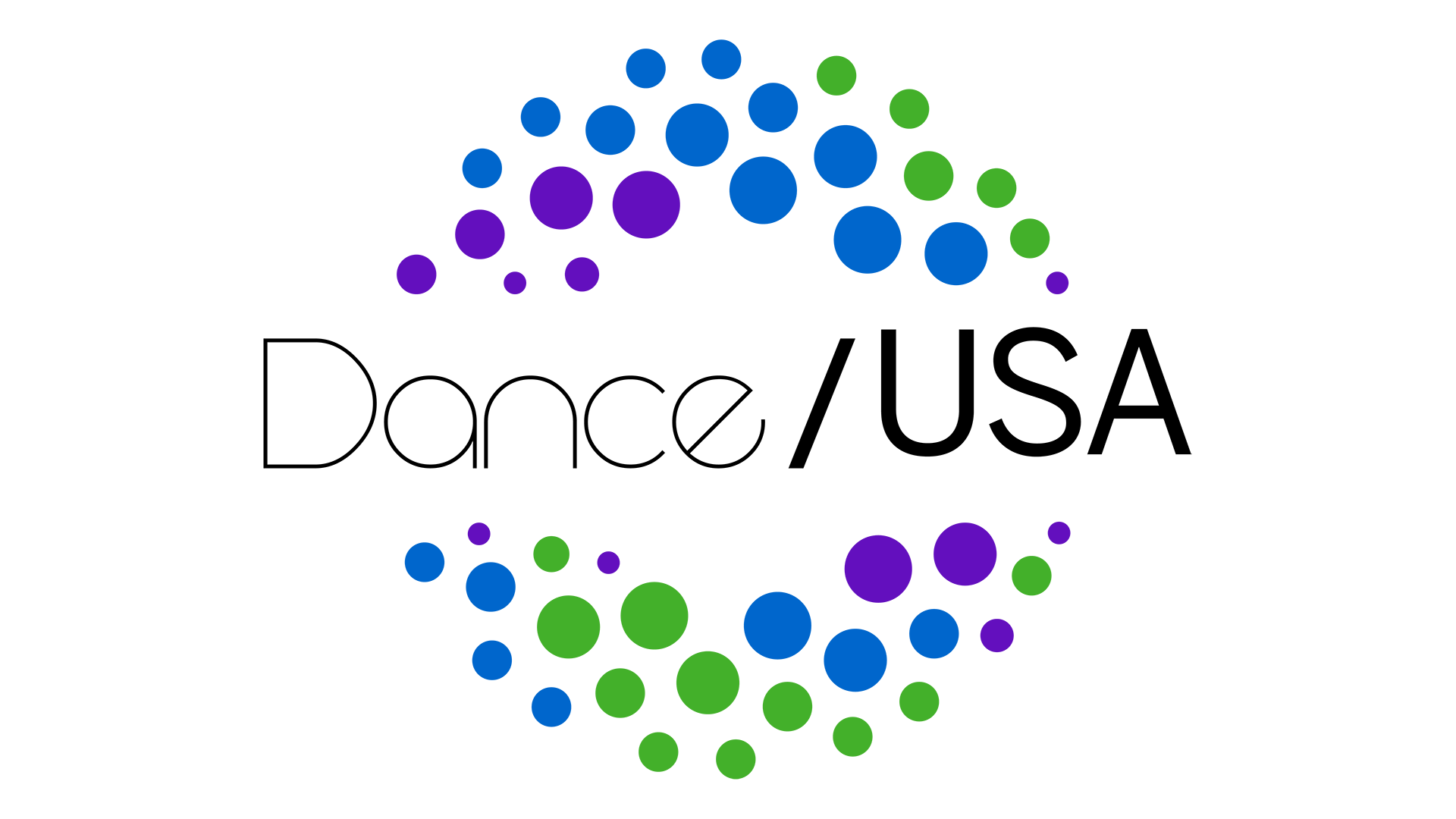Years ago I had a student from Africa who has an unusual habit of thanking the other people in my classes for coming. I thought it odd at the time. Shouldn’t I be the one thanking them for attending? Then I noticed he also thanked the woman at the front desk for working that day. I attributed his quaint politeness to cultural differences and didn’t give it another thought. That was until I found myself thanking another audience member for showing up at a sparsely attended dance concert. “Are you on the board or working for so and so company?” she asked. Suddenly, I understood what my African friend was up to. If other people didn’t continue to come to my class, eventually there would be no class, and he would be missing out. He must have felt that by thanking those involved in making something happen, he was doing his part in ensuring the class had a future.
What if all of us involved in the dance field started acting like citizens of the dance world instead of just participants? What if all of us involved in the dance field started acting like citizens of the dance world instead of just participants? And I mean everybody: dancers, choreographers, dance writers, dance studio owners, university department heads, competition companies, presenters, costume, set and lighting designers. Did I forget anybody? As the least funded of the art forms, we have neither the resources nor the energy to do a lot more, but add together many people doing a little more, and you end up with a lot. What if each person defined being a citizen in his or her own way and made an effort in that direction? For example, a studio owner could announce local performances during classes. Dancers could make an effort to go to one performance of a company that they have never seen each year. Have a drag-a-friend-to-dance day once a month. You could post a dance feature on Facebook or share someone else’s post. There are limitless ways of expressing citizenship, and I believe the most effective use of this idea will be for each person to define it for themselves.
In Houston, and I imagine in other parts of the country as well, dance companies struggle with audience building. Just this year I attended two performances with less than 20 people in attendance. One in Houston, the other in New York City. I hear over and over from company directors about the need to build audiences. To you I say, “Be the change you want to see.” If you want bigger audiences, the place to start is by being an audience member.
The good news is that we can easily become good citizens. Think of the shining example New Yorkers and Houstonians set after 9/11 and Hurricane Katrina and Ike. Everyone pitched in somewhere. On a daily basis we show up for jury duty, pick up trash, recycle, and more. Why not send a little of that Good Samaritan activity over to where we work?
Many of us stay involved in dance because we can’t imagine a world without our art form. And certainly we need to keep making dances, training dancers, building audiences, and all the other activities we do that contribute to a marvelous whole. But that’s not enough. Let’s think like my African friend and invent one thing to do that would ensure a healthier future for dance. If dance is ever going to enjoy a re-boom, it’s not going to be because 24 million people voted on “So You Think You Can Dance,” although that could help. It will be because the people inside the dance world came together on a regular basis to ensure a strong future. Change comes from within a world first.
One more thing: Thank you for reading this.
Nancy Wozny was a 2005 NEA Fellow of the Institute for Dance Criticism. She was also a 2004 recipient of the Gary Parks Memorial Award for Emerging Dance Critics, a two-time recipient of Artists Project Grants from the Cultural Arts Council of Houston/Harris County, a 2001 finalist for the Sommerville Award in Somatic Writing, and a 1994 research fellow at the Leonard Bernstein Center for the Arts and Education. Her work has appeared in The Houston Chronicle, Dance Magazine, Pointe, Dance Spirit, Artshouston, Culturevulture, Dance Source Houston, Dance Studio Life, Downtown and other publications.
____
We accept submissions on topics relevant to the field: advocacy, artistic issues, arts policy, community building, development, employment, engagement, touring, and other topics that deal with the business of dance. We cannot publish criticism, single-company season announcements, and single-company or single artist profiles. Additionally, we welcome feedback on articles. If you have a topic that you would like to see addressed or feedback, please contact communications@danceusa.org.
Disclaimer: Opinions expressed in guest posts do not necessarily represent the viewpoints of Dance/USA.



